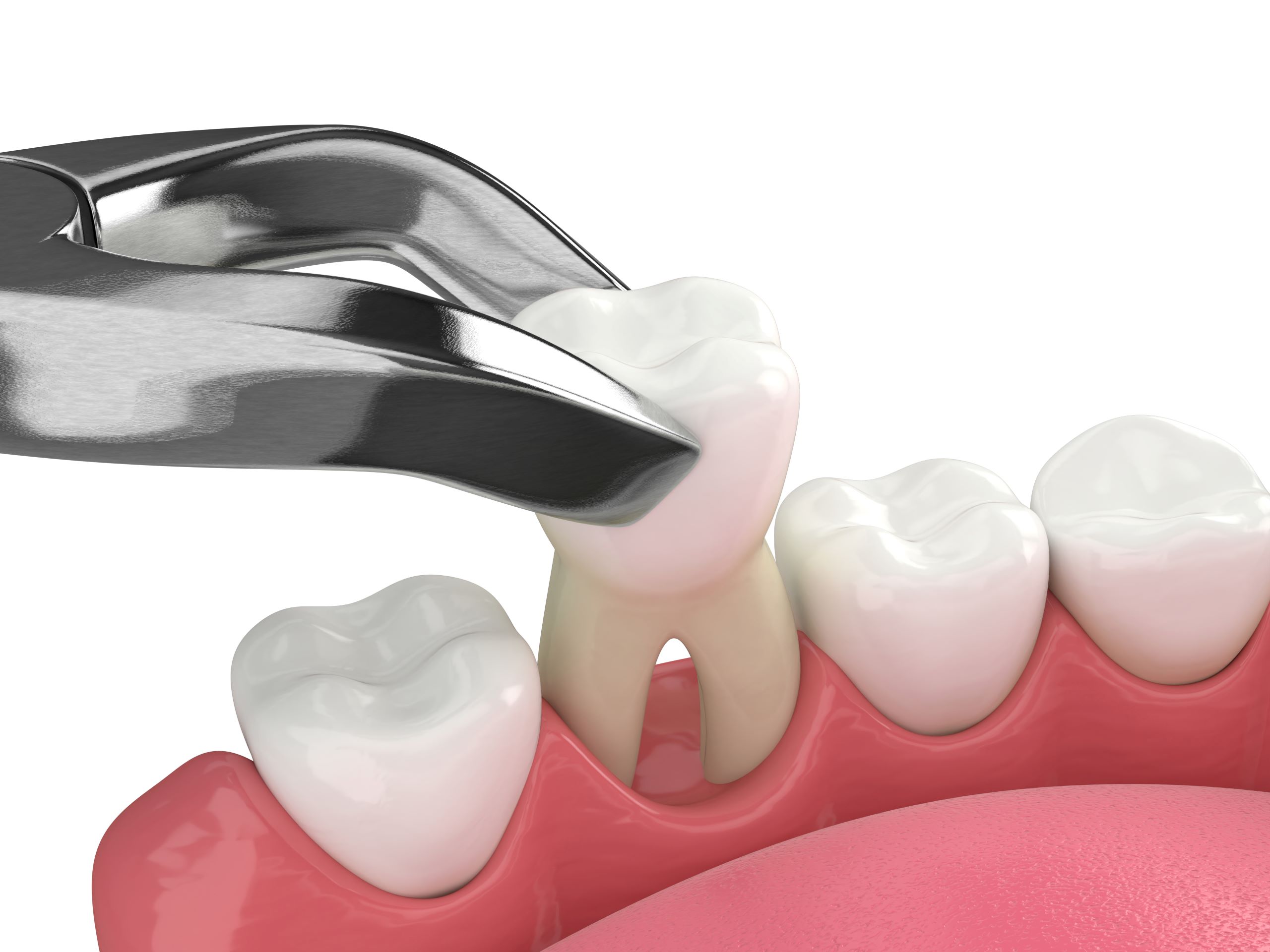Various dental conditions, such as severe decay, infection, or crowding, may necessitate removing a tooth. Although it may seem frightening, you can ensure a more straightforward and speedier recovery with the right care and attention to aftercare.
We’ll go through what to anticipate both before and after getting tooth extractions in SE Calgary, immediate and long-term aftercare recommendations, potential issues to watch out for, and when to get assistance from a professional in this blog post.
The removal of a tooth is a routine dental treatment, but it’s important to know how to care for yourself afterward to minimize pain and accelerate healing. A good recovery depends on adhering to the dentist’s advice.
What to Expect Immediately After the Procedure
It’s normal to feel some discomfort and bleeding right away following a tooth extraction. Here’s what to anticipate:
Bleeding: For the first 24 hours, some bleeding is expected, but not much. You will be given gauze to bite on by your dentist to help reduce bleeding.
Swelling: It’s possible for moderate swelling and bruising to develop; these side effects usually peak 48 hours following the extraction.
Pain: To assist you in managing any discomfort or pain you experience at the extraction site, your dentist might recommend painkillers or other medications.
Immediate Aftercare Instructions to Follow
To encourage recovery and lower the risk of problems, it is essential to provide immediate aftercare recommendations after tooth extractions near you. The following are the essential steps to take:
Gauze Placement:
Bite down on the gauze pad that has been placed over the extraction site firmly but gently. Keep the pressure up for 30 to 45 minutes. As a result, the extraction site develops a blood clot and the bleeding is controlled.
Rest
The rest of the day should be spent relaxing after the extraction. Exercise might cause more bleeding, so stay away from vigorous activities.
Pain Management
If you experience any discomfort, follow your dentist’s or oral surgeon’s advice and use over-the-counter painkillers. If stronger painkillers are recommended, take them as prescribed.
Ice Packs
Using an ice pack on your cheek close to the extraction site for 20 minutes at a time will help minimize swelling and discomfort for the first 24 hours.
Oral Hygiene
The first 24 hours after the procedure, cleanse your teeth with caution. When brushing the rest of your mouth, be careful to avoid the extraction area. Once the first 24 hours have passed, rinse your mouth with warm salt water before bed and after meals (1/2 teaspoon salt in an 8-ounce glass of water). For the first several days after surgery, avoid using mouthwash since it could irritate the surgical site.
Diet
During the first several days, adhere to a soft diet. Consider yogurt, pudding, applesauce, mashed potatoes, and soup as your preferred options. Steer clear of meals that might worsen the extraction site, such as hot, spicy, and hard foods. Avoid using straws as well since sucking might cause the blood clot to dislodge.
Avoid Tobacco and Alcohol
For at least 72 hours following the extraction, refrain from using tobacco products or smoking, since they might impede the healing process. Additionally, stay away from alcohol because it can react with medications.
Swelling
Minor swelling following tooth extraction is normal. During the first 48 hours, you can keep using cold packs if necessary to lessen swelling.
Follow-Up Appointments
Attend all planned follow-up appointments with your oral surgeon or dentist in SE Calgary. These consultations are essential for tracking your recovery and correcting any issues.
Activities to Avoid
Avoid aggressive cleaning, spitting, or sucking on candies during the first several days since these actions may cause the blood clot to break. Additionally, refrain from touching the surgical site with your tongue or fingers.
Long-Term Aftercare Instructions to Follow
It’s essential to follow long-term aftercare guidelines in order to ensure speedy complete recovery:
Oral Hygiene: Resuming routine oral hygiene procedures after the first healing phase. Gently brush and floss your teeth, paying careful consideration to the area near the extraction site.
Diet: As directed by your dentist, slowly resume solid meals. Maintain your avoidance of foods that are firm or crunchy since they may impede the healing process.
Medication: Finish any prescribed antibiotics and pain medications. Follow your dentist’s instructions regarding their use.
Follow-Up Appointments: Attend all planned follow-up appointments with your dentist. These visits provide your dentist an opportunity to keep an eye on your development and resolve any issues.
Potential Complications and When to Seek Help
Even though difficulties are uncommon, it’s important to be aware of any warning symptoms. The following symptoms should be reported to your dentist near you immediately:
- Excessive bleeding: Seek emergency assistance if bleeding continues after the initial 24 hours or becomes severe.
- Severe pain: An infection or a dry socket may be the cause of excruciating pain.
- Fever: An infection could be indicated by an increased fever.
- Swelling: Consult a dentist if swelling persists or gets worse after a few days.
Receive Customized Treatment and Recovery Guidance at Heritage Smiles Dental
Our skilled staff is committed to offering recommendations and treatment that is tailored to your individual dental needs. We are here to help you every step of the way, whether you need specialized treatments or advice on good oral hygiene. Your oral health is our main focus, and we look forward to assisting you with all of our smile goals.
Please book your appointment today!


